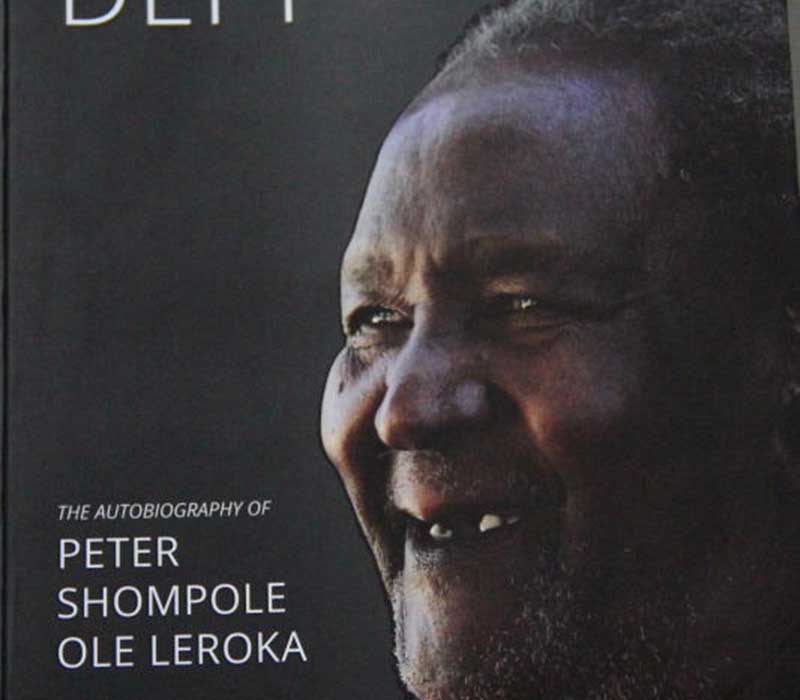×
The Standard e-Paper
Home To Bold Columnists

Peter Shompole ole Leroka was a pioneer member of the giant teachers’ union, a witness to the formation of Kanu and was privy to how Kenya’s third President Mwai Kibaki was wooed into politics.
He was a teacher who never stepped into a classroom to learn but studied through correspondence. A Catholic who was never baptised but who was assisted to marry a third wife in church by a priest, after the priest consulted his other wives.